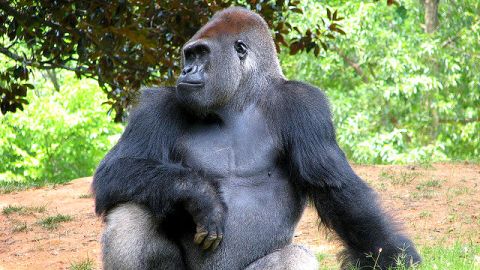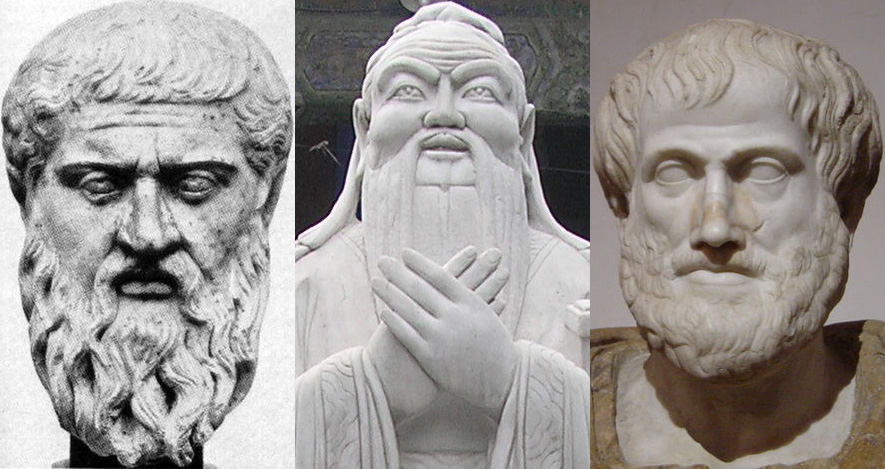What Can Evolution Teach Us About Ourselves?

As evolutionary psychologist Satoshi Kanazawa explains during his Big Think interview, many of humankind’s most important psychological traits stopped evolving over 10,000 years ago. Today, many of our unconscious biases and behaviors can be understood as remnant artifacts of our natural hunter-gather mindset. Big Think’s latest series, What Evolution Can Teach Us About Ourselves, is collection of video features that reveal the many ways that these age-old characteristics influence our everyday lives.
Yale University psychologist Dr. Laurie Santos studies Capuchin monkeys to understand the most basic elements of human cognition and survival. In her Big Think interview, Santos explains how her research has proven the age-old saying, “It’s not what you know, it’s who you know.” Like humans, social groups among monkeys provide a pecking-order which largely determines their success in securing food and finding a mate. Santos also explains how monkey “economics” suggest that the type of greedy, loss-averse human behavior — perhaps best exemplified by the mortgage meltdown of 2008 — may have deep evolutionary origins.
Even the most mundane decisions of our daily lives may be rooted in thousand-year-old psychology. Man’s craving for sweet and fatty foods, for instance, was evident long before the invention of Twinkies and Ho-hos. When hunting and gathering on the African Savannah, food was scarce and the drive to find high-calorie nourishment became hardwired into human psychology, argues Kanazawa. Even teenagers’ tendency toward reckless behavior can be attributed to their evolutionary desire to flee the nest and find a mate.
Psychology professor Paul Bloom studies the origins of why humans are drawn to stories and storytelling. You would expect our “good Darwinian selves” to be drawn to only thinking about real world as it is, says Bloom, but in fact fiction is form of “purposeful deception” that has an adaptive value in its ability to prepare us for life’s worst case scenarios. From poetry and ballet to mathematics and being clever, life is laden with frivolous pursuits that hold no obvious bearing on our ability to survive, says evolutionary biologist Richard Dawkins. Yet, if it weren’t for the possession of the type of brain that incidentally allows us to perform these types of these impractical activities, we may not be here today.
Finally, Robert Wright, the author of The Evolution of God explains how religion grew out of an early human strategy for understanding and controlling the good and bad elements of life, such as prosperous harvest or inclement weather.





